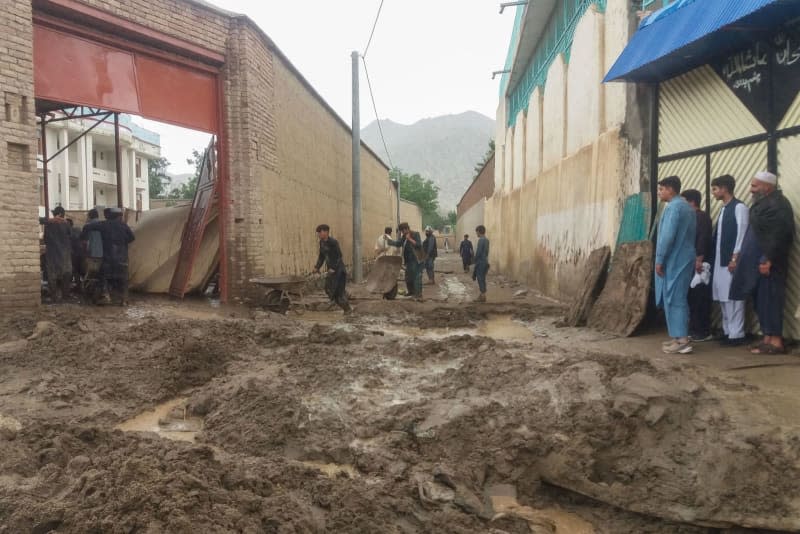Afghanistan flood toll rises to 315, ministry says

- Oops!Something went wrong.Please try again later.
The death toll from devastating flash floods in Afghanistan’s northern province of Baghlan has risen to 315, according to the Afghan Ministry of Refugees and Repatriation on Sunday.
The true death toll from Friday's floods in unclear. The latest confirmed figure from local officials in Baghlan is 131 fatalities, with over 100 injuries. However, UN agencies and the ministry report a much higher toll.
The disaster has disproportionately affected children. Save the Children, an international aid organization, estimates that around 600,000 people, including roughly 310,000 children, reside in the five severely impacted districts of Baghlan province.
The United Nations Secretary General, Antonio Guterres, expressed his condolences for the loss of life and pledged swift action.
Taliban Deputy Prime Minister, Abdul Ghani Baradar, has travelled to the affected region to oversee relief efforts.
Extreme weather events such as floods and droughts are on the rise in Afghanistan. Experts blame the climate crisis. After decades of wars and conflicts, the country has hardly any means to mitigate the consequences of climate change.
At the start of the week, there were deaths and destruction in parts of the country after heavy rainfall. Last month, at least 70 people lost their lives in floods.
Indrika Ratwatte, UN deputy and humanitarian coordinator in Afghanistan, stated that the country remains among the world's top 10 climate-impacted nations despite having a negligible carbon footprint.

